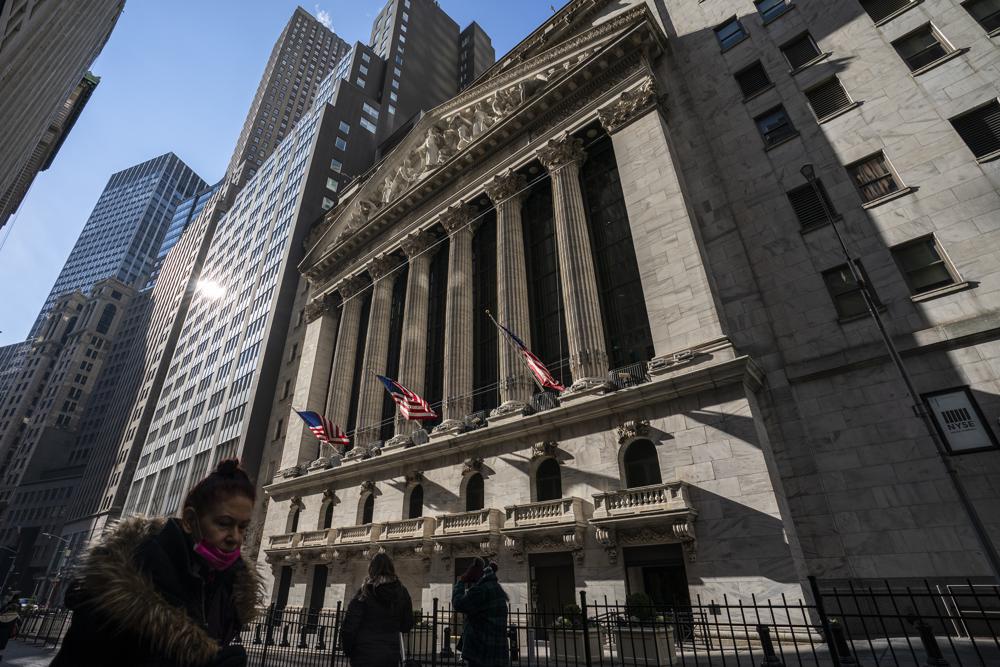
Stocks fell on Wall Street Thursday as Facebook parent company Meta plunged 26%, erasing more than $220 billion in market value, the largest drop in history.
Meta’s lofty stock price, as with several other big communications and technology companies, has an outsize influence on markets because of the company’s huge size. That means a big swing in either direction for such a company can do much to sink or lift the broader market.
The S&P 500 index fell 1.7% as of 1:06 p.m. Eastern and the tech-heavy Nasdaq fell 2.6%. The Dow Jones Industrial Average fell 335 points, or 1%, to 35,291.
Meta sank after forecasting revenue well below analysts’ expectations for the current quarter, a disappointment for a company that investors have become accustomed to delivering spectacular growth. It also reported a rare decline in profit due to a sharp increase in expenses as it invests in transforming itself into a virtual reality-based company.
The steep drop weighed on fellow social media company Twitter, which shed 6%. Snapchat’s parent company Snap sank 22.2% and Pinterest lost 9.5%.
“There’s a general sense that what’s been moving the market higher is not going to take us to the next level,” said Brad McMillan, chief investment officer for Commonwealth Financial Network. “The question is where is the next growth engine coming from.”
Communications and technology stocks had some of the biggest losses. The sectors have been behind much of the choppiness in markets since the beginning of the year as investors shift money in expectation of rising interest rates. Higher rates make shares in high-flying tech companies and other expensive growth stocks relatively less attractive to investors.
Bond yields rose sharply on Thursday. The yield on the 10-year Treasury note, which is used as a benchmark to set interest rates on mortgages and many other kinds of loans, rose to 1.83% from 1.76% late Wednesday.
Wall Street anticipates the Federal Reserve’s first interest rate hike to come in March and is cautiously watching for how the central bank paces future increases to help fight rising inflation.
“It’s not a perfect path, it’ll be bumpy, but the direction is pretty clear,” said Guy LeBas, chief fixed income strategist at Janney Capital Management.







